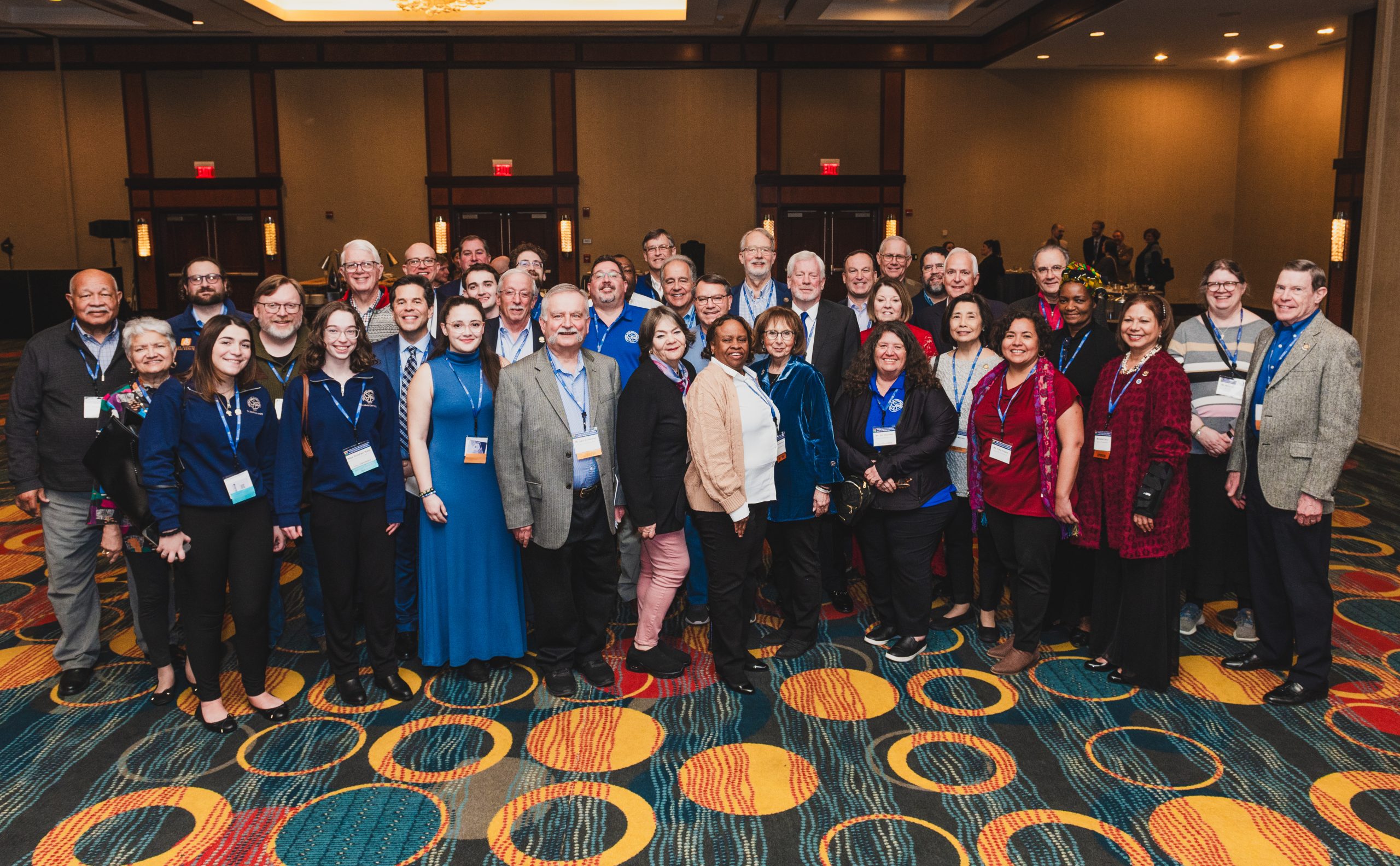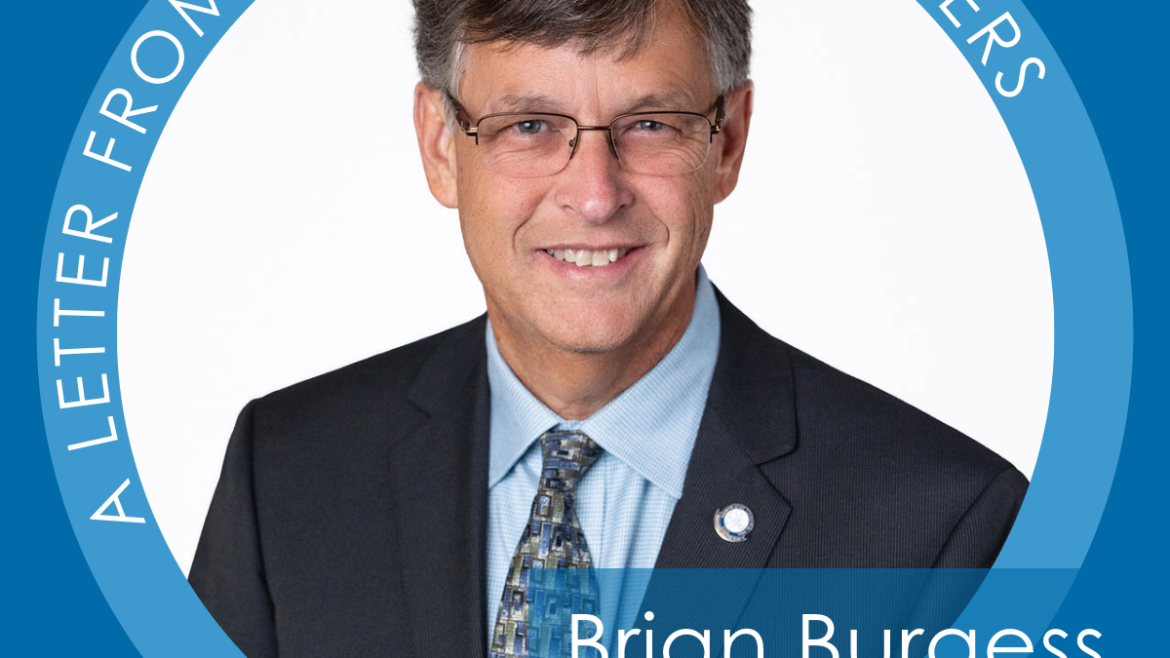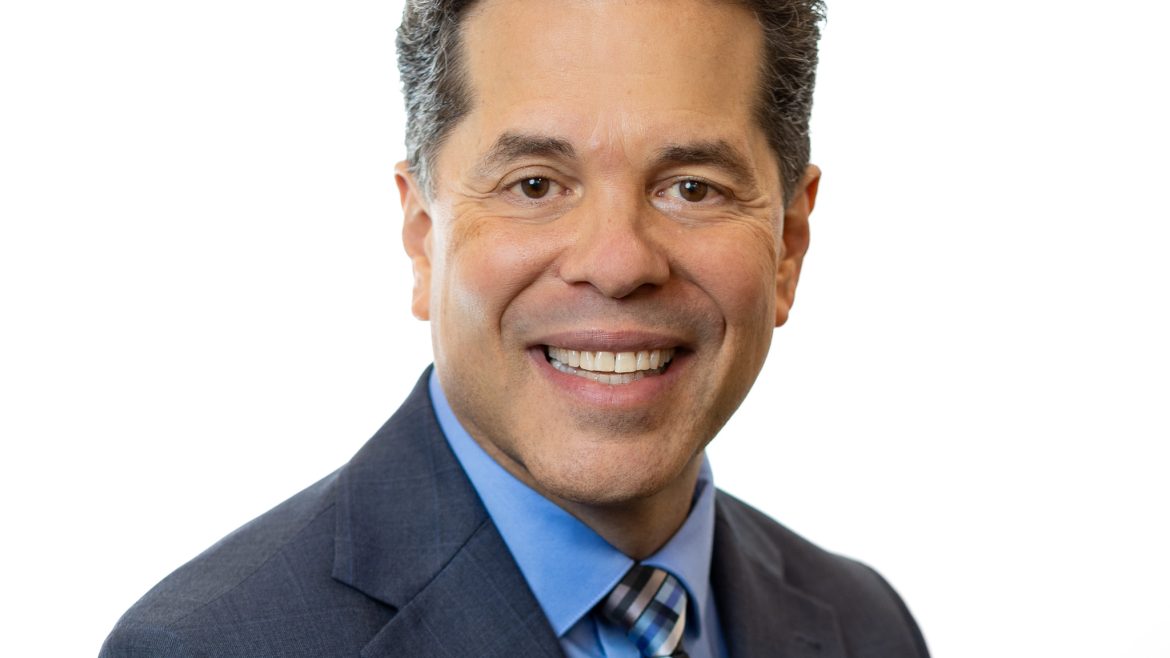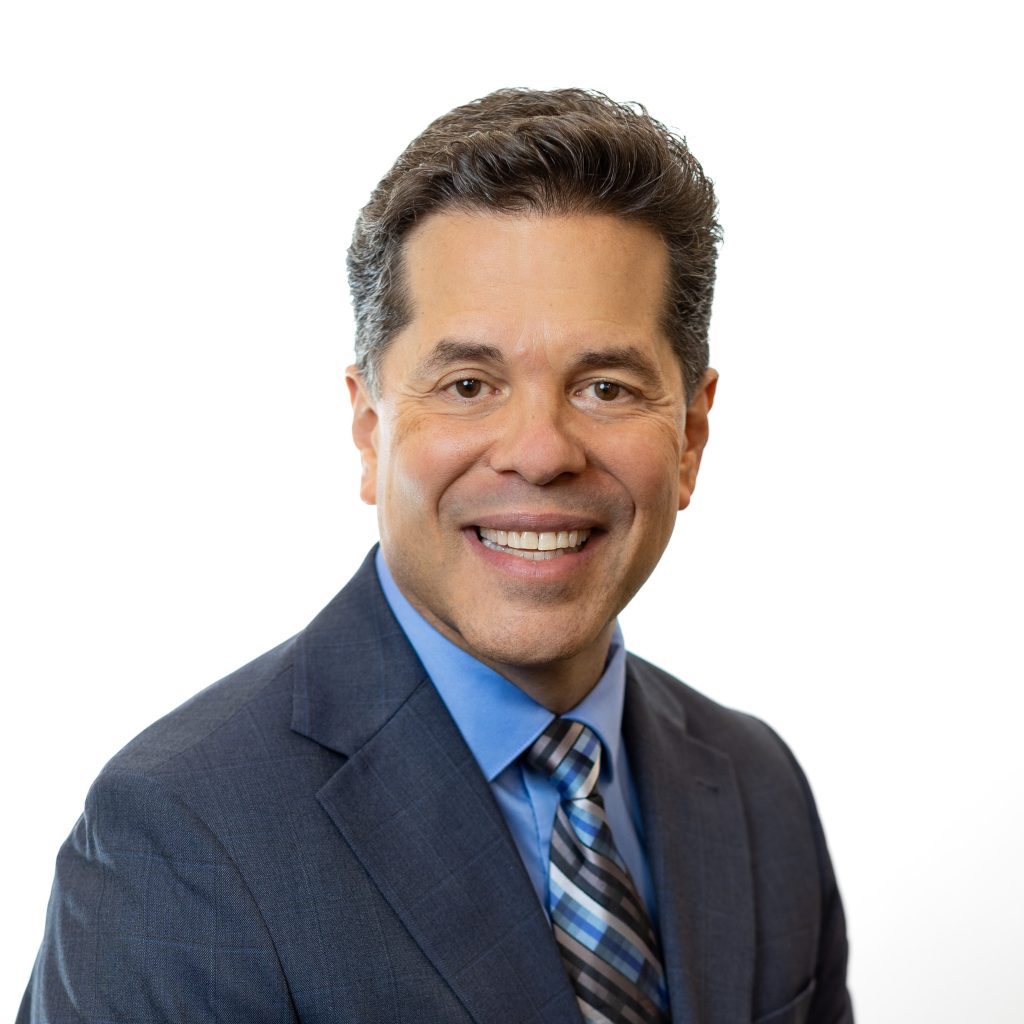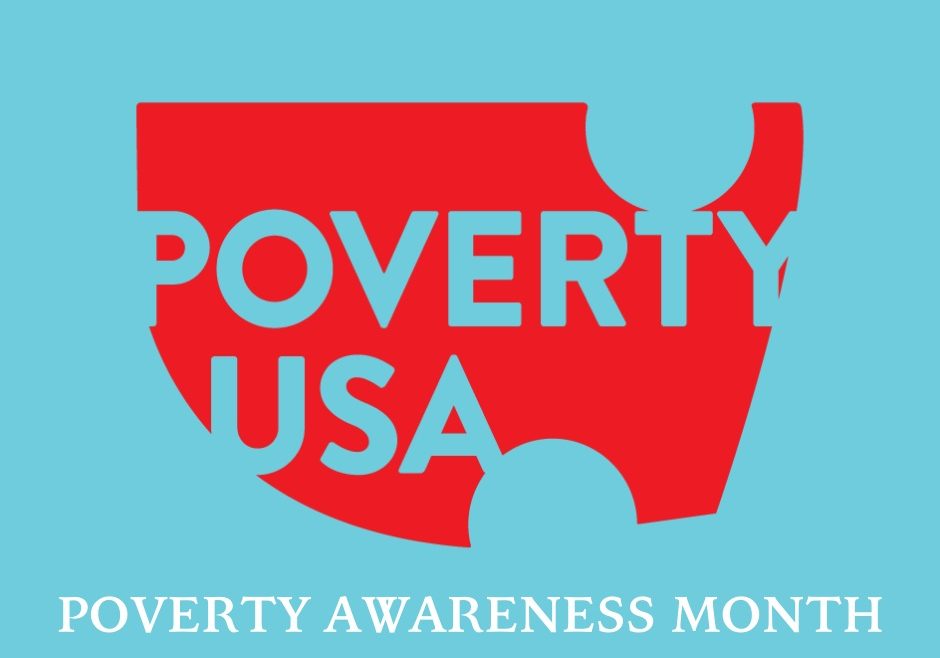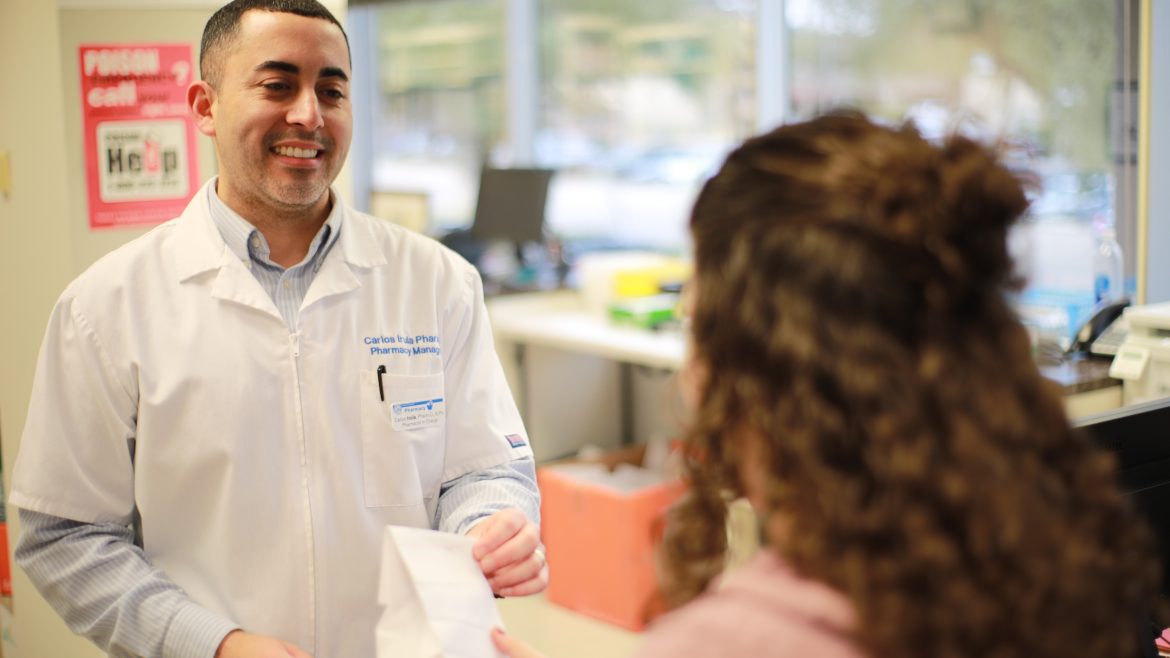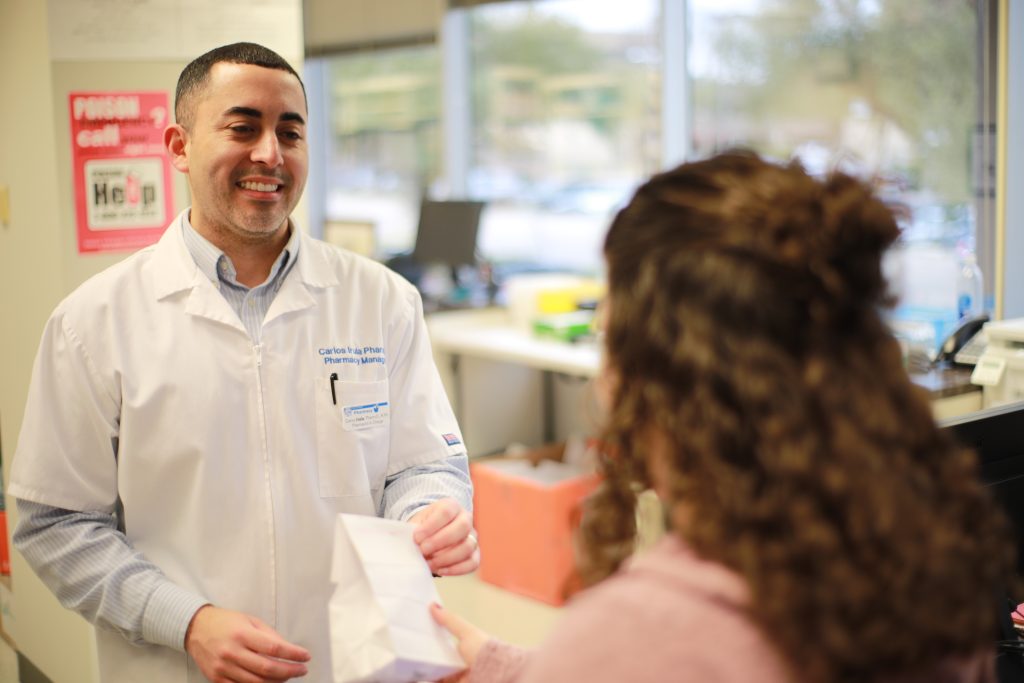By John Berry, National President, SVdP USA
While a federal judge has temporarily blocked a White House move to freeze federal grants and loans, the Society of St. Vincent DePaul USA (SVdP) remains deeply concerned about the impact this action could have on the most vulnerable of our population.
SVdP acknowledges and respects the right of the President and his Administration to implement policies that he campaigned on, but at the same time, millions of low-income Americans depend on federal assistance for rent, food and other assistance to stave off poverty and homelessness. Even a temporary disruption to this funding will likely result in hardworking people being forced out of their homes at a time when homelessness across the country is already on the rise.
As one of the nation’s largest organizations dedicated to preventing homelessness, SVdP urges the White House to take a more discerning and equitable approach to ensure that vulnerable families remain housed. We also call on the Administration to recognize that high rates of poverty and homelessness are unacceptable and represent a crisis of conscience for our nation.
We can debate policies, but first we must open our eyes and hearts to the suffering around us and then change the systems that perpetuate poverty by advocating for affordable housing, living wages and access to quality education and healthcare. Therefore, we ask the Administration to immediately lift the freeze on funding and begin good faith discussions to determine how their goals can be achieved without creating greater suffering among the innocent, whose lives rely on the support of these government programs.

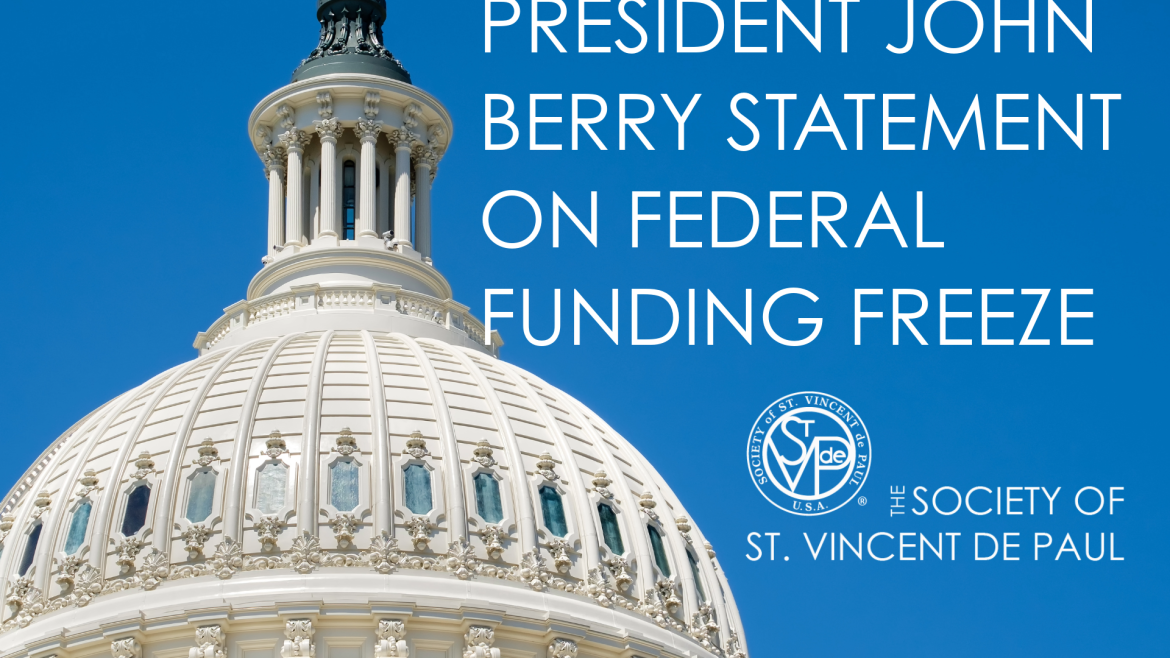
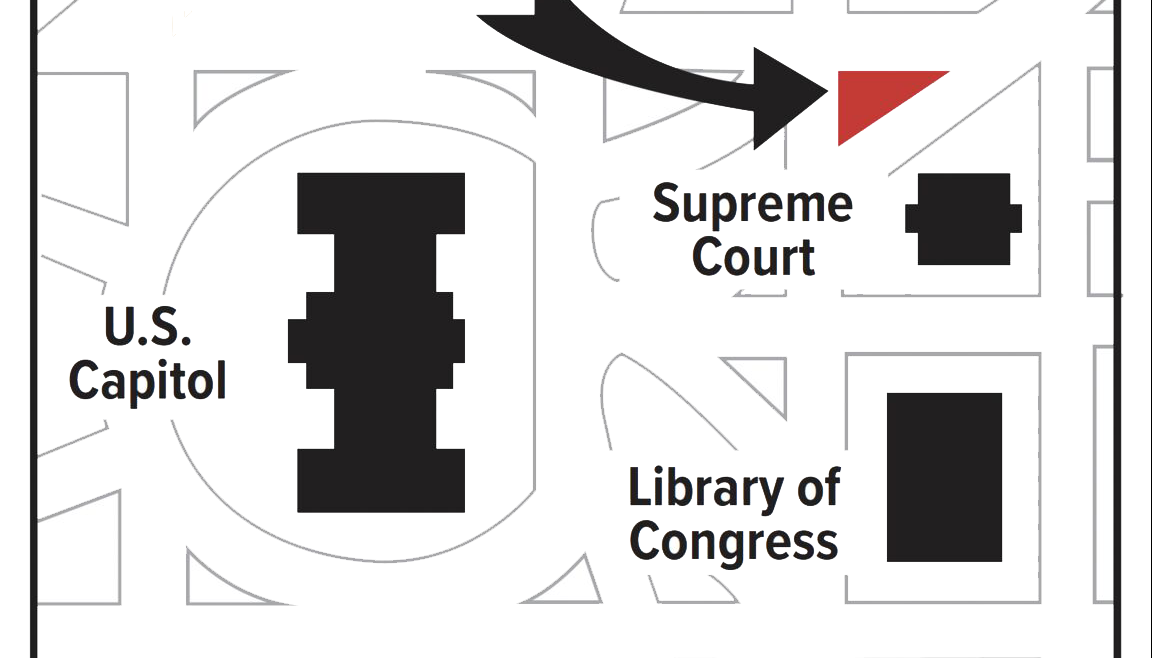
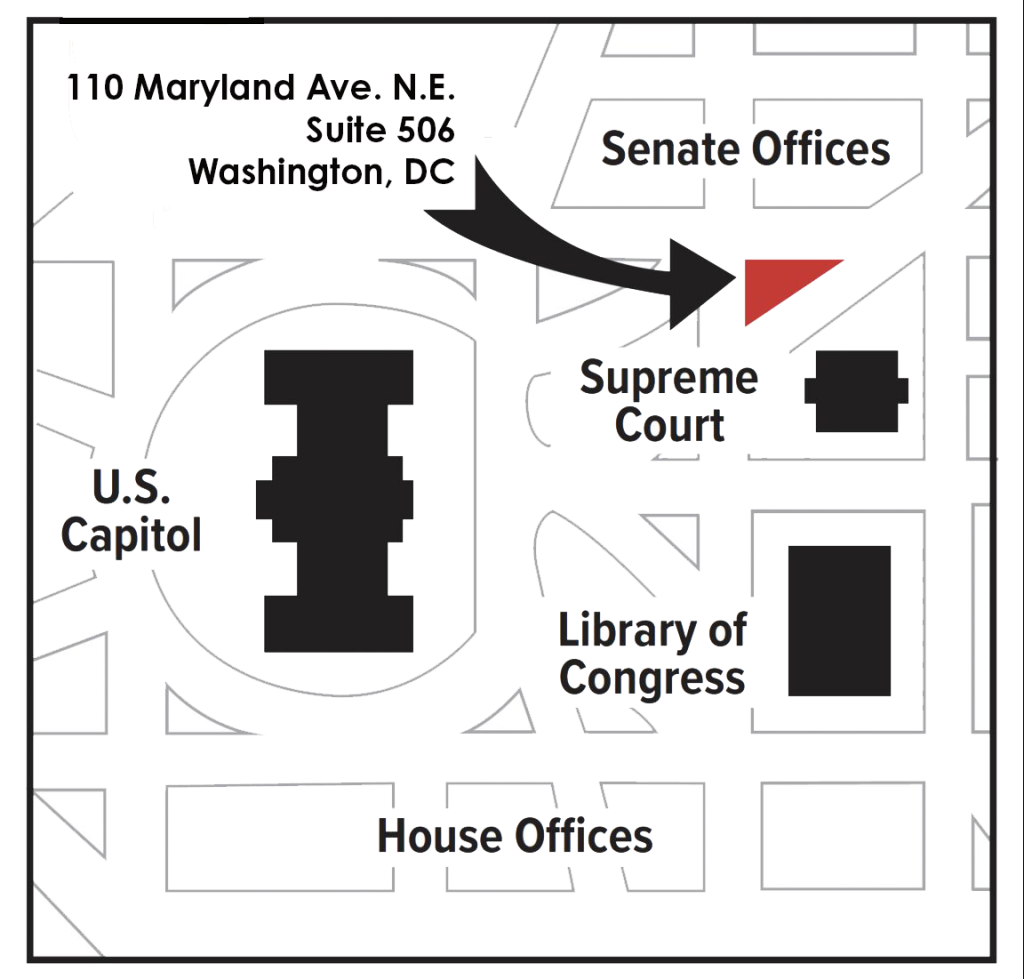 Published January 28, 2025
Published January 28, 2025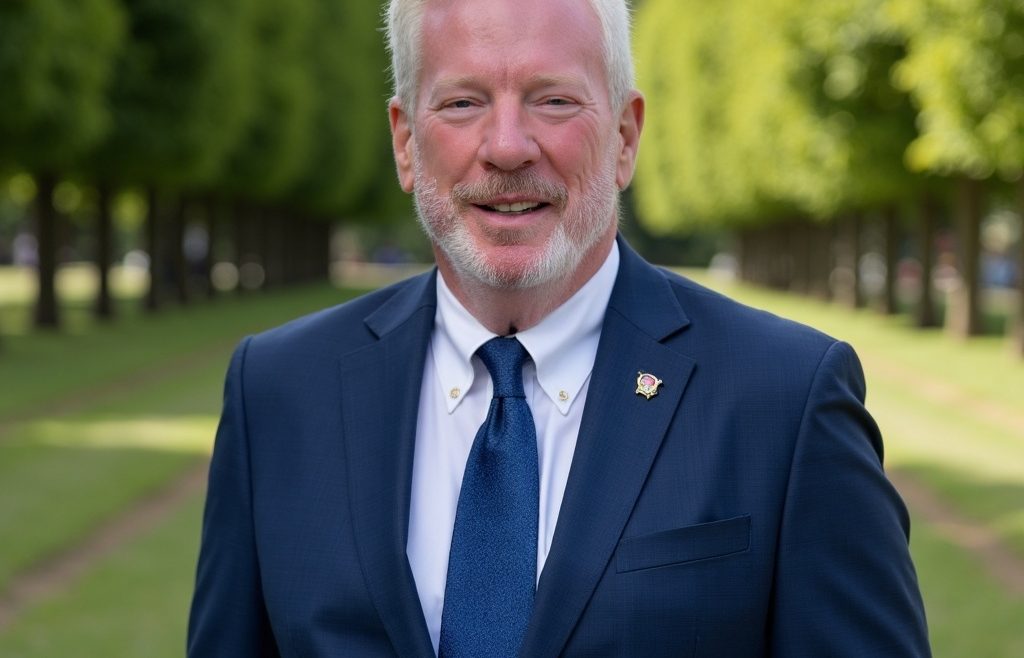
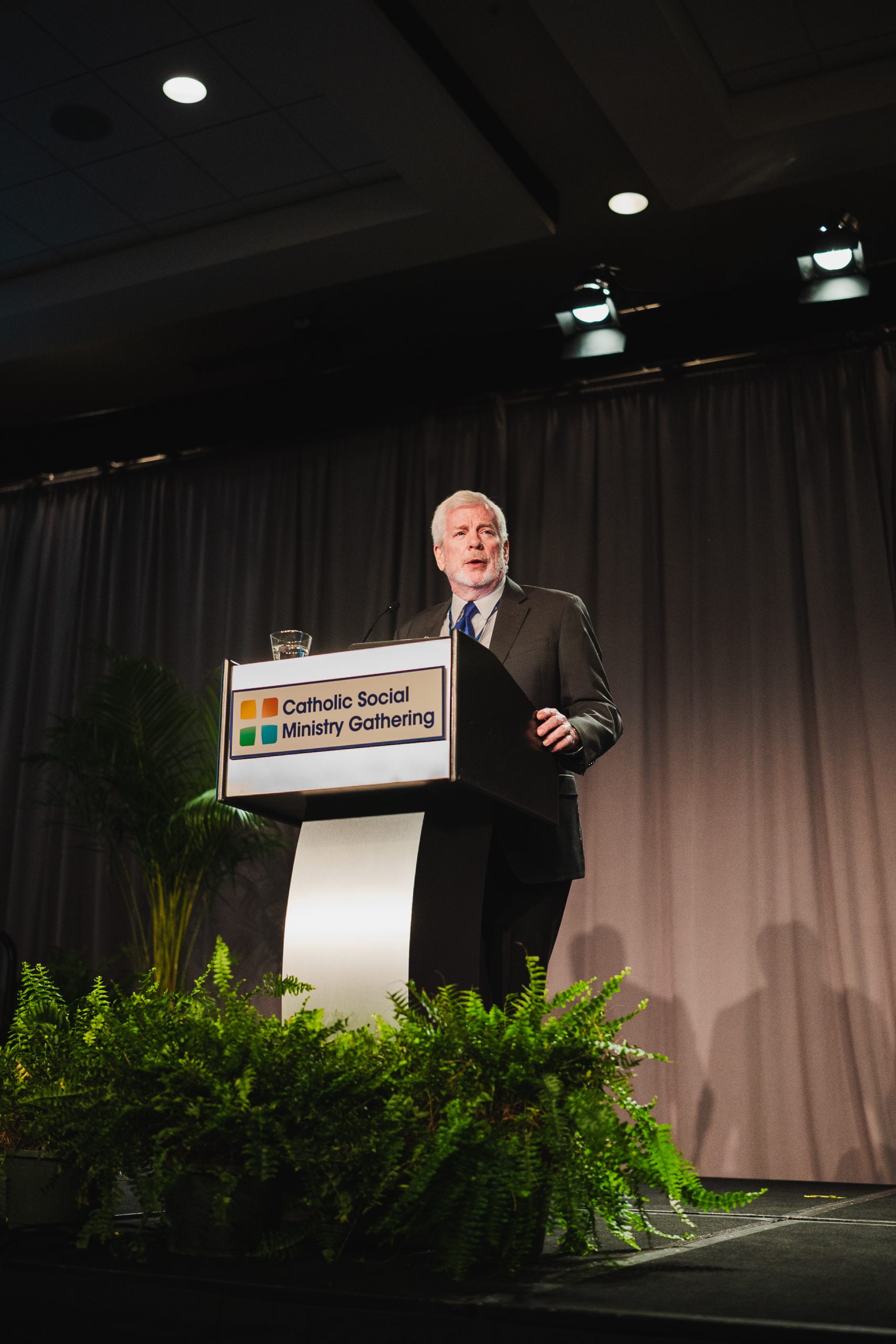 During our time together, we will be discussing issues important to our ministries and those we serve. We will discuss the calls to action required to address the many needs in the world. And we will also celebrate the profound joy that comes from growing in holiness through our response to Christ’s call to feed the hungry, clothe the naked, give shelter to the homeless, welcome the stranger, minister to the sick, and visit the prisoner. The work of every Ministry represented here is a vital lifeline for countless people in need, individuals and families often standing at the brink of despair, searching for a glimmer of hope.
During our time together, we will be discussing issues important to our ministries and those we serve. We will discuss the calls to action required to address the many needs in the world. And we will also celebrate the profound joy that comes from growing in holiness through our response to Christ’s call to feed the hungry, clothe the naked, give shelter to the homeless, welcome the stranger, minister to the sick, and visit the prisoner. The work of every Ministry represented here is a vital lifeline for countless people in need, individuals and families often standing at the brink of despair, searching for a glimmer of hope.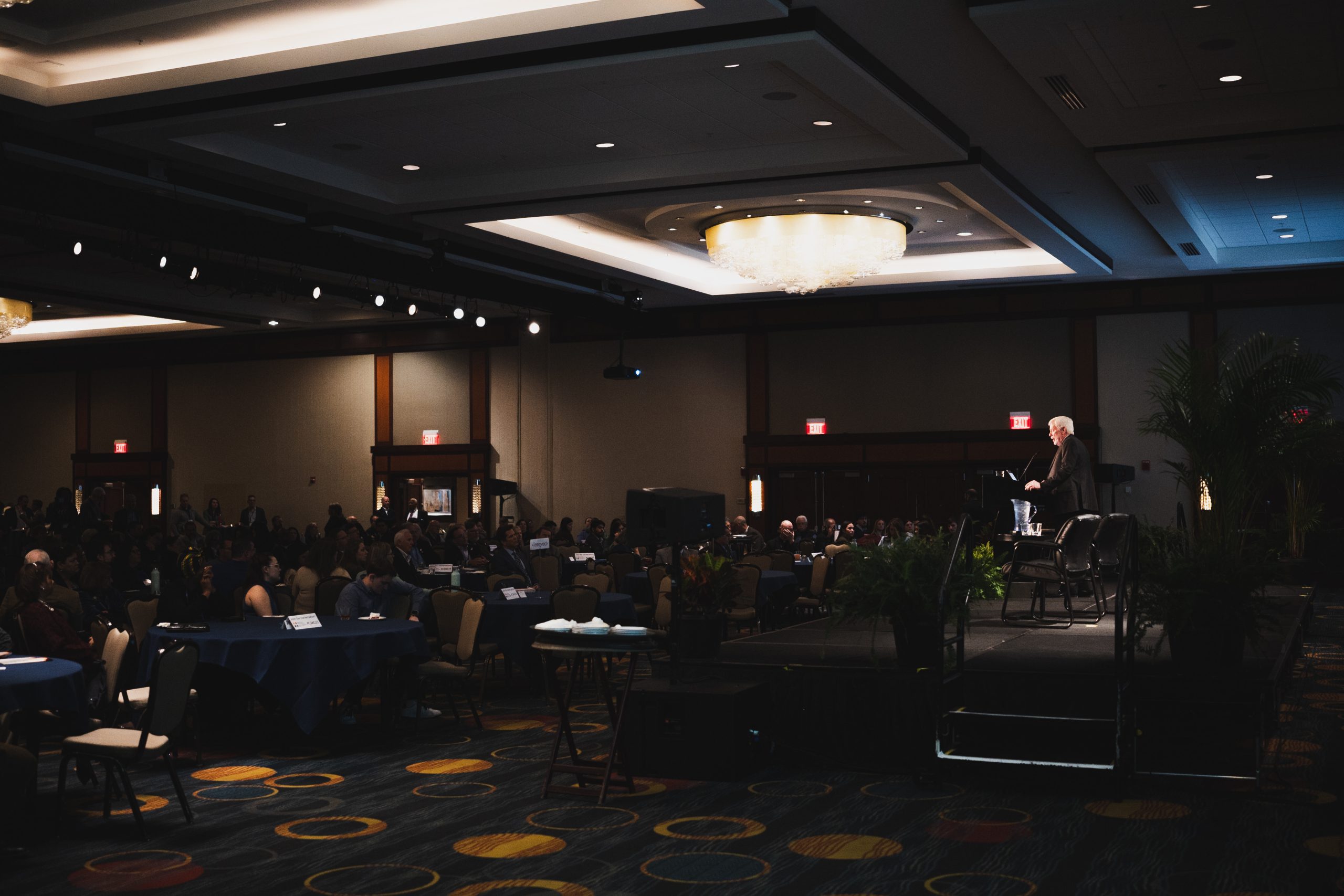 Our call to serve the poor, the refugee, the sick, and ALL those who suffer injustice and oppression is deeply rooted in Scripture. The Old Testament prophets often reminded Israel of their duty to care for the marginalized. We hear
Our call to serve the poor, the refugee, the sick, and ALL those who suffer injustice and oppression is deeply rooted in Scripture. The Old Testament prophets often reminded Israel of their duty to care for the marginalized. We hear 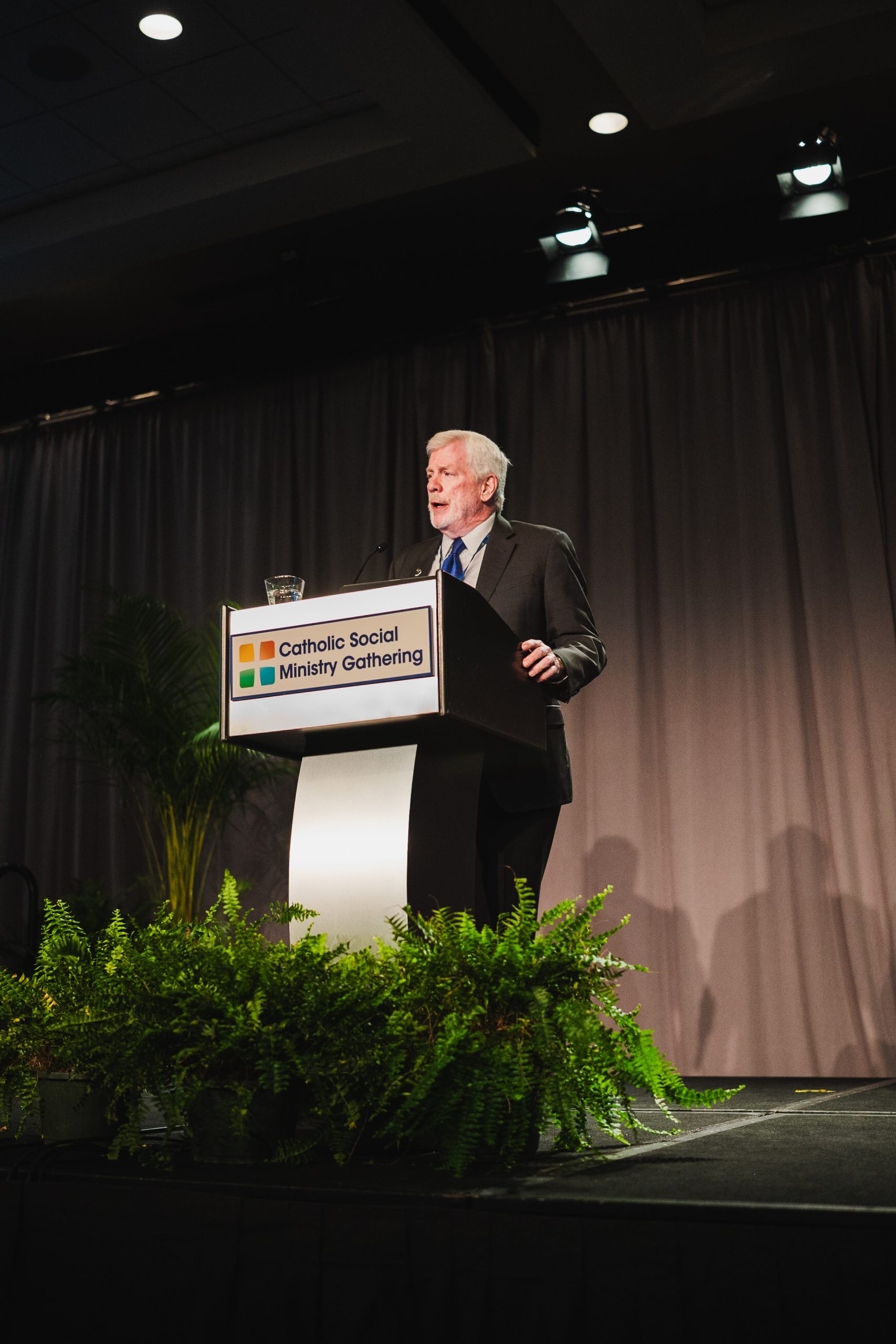 Our Vincentians understand the words that
Our Vincentians understand the words that 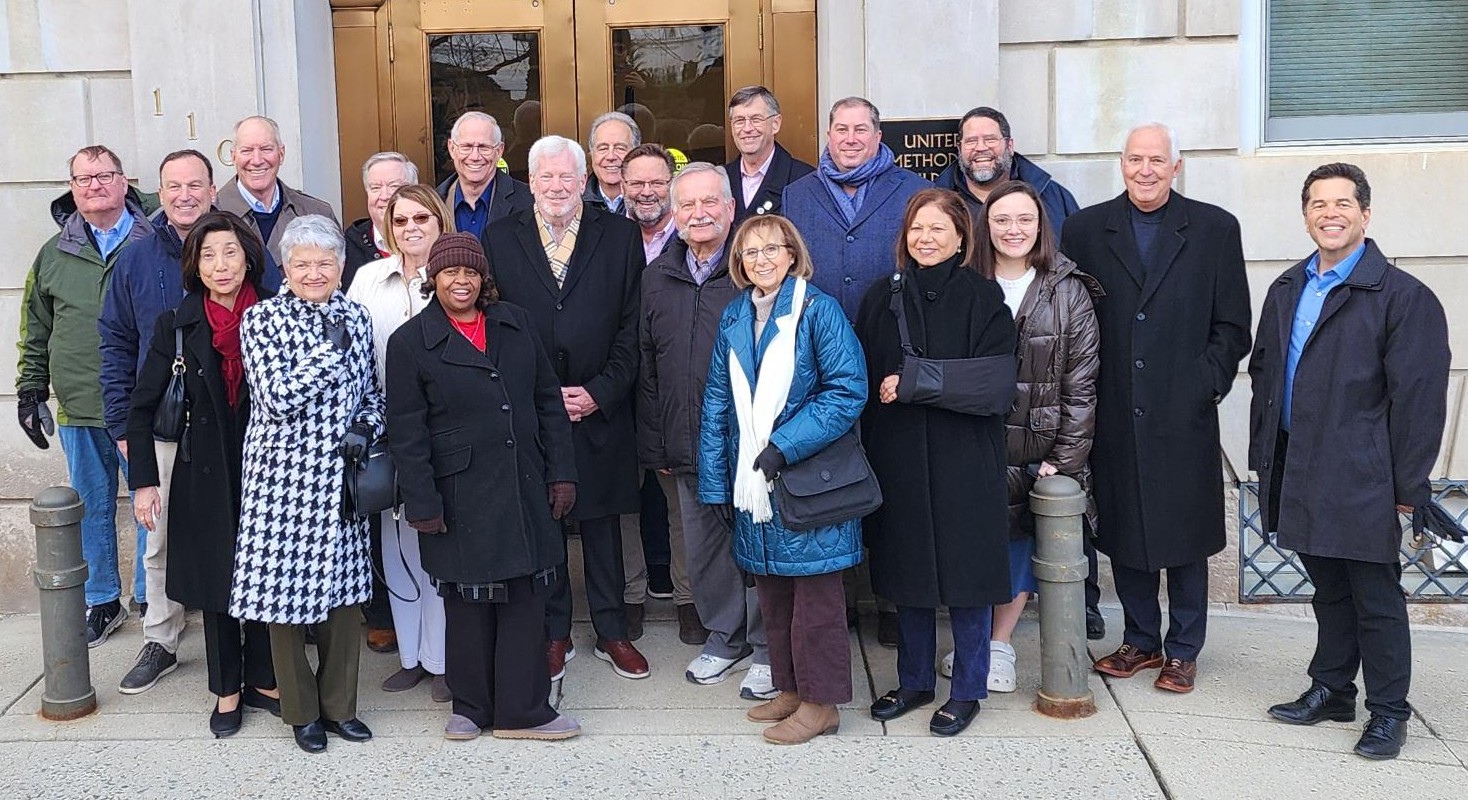 The stark and shocking reality of America and the world today is that millions of our brothers and sisters lack basic necessities — affordable housing, nutritious food, and quality healthcare. Families live on the streets, children go to bed hungry, and the cycle of poverty persists. Imagine a mother putting her children down to sleep on a cold night like tonight — with no bed and no roof overhead. Or a child going to school hungry, unable to focus on learning. This is the reality WE must change.
The stark and shocking reality of America and the world today is that millions of our brothers and sisters lack basic necessities — affordable housing, nutritious food, and quality healthcare. Families live on the streets, children go to bed hungry, and the cycle of poverty persists. Imagine a mother putting her children down to sleep on a cold night like tonight — with no bed and no roof overhead. Or a child going to school hungry, unable to focus on learning. This is the reality WE must change.